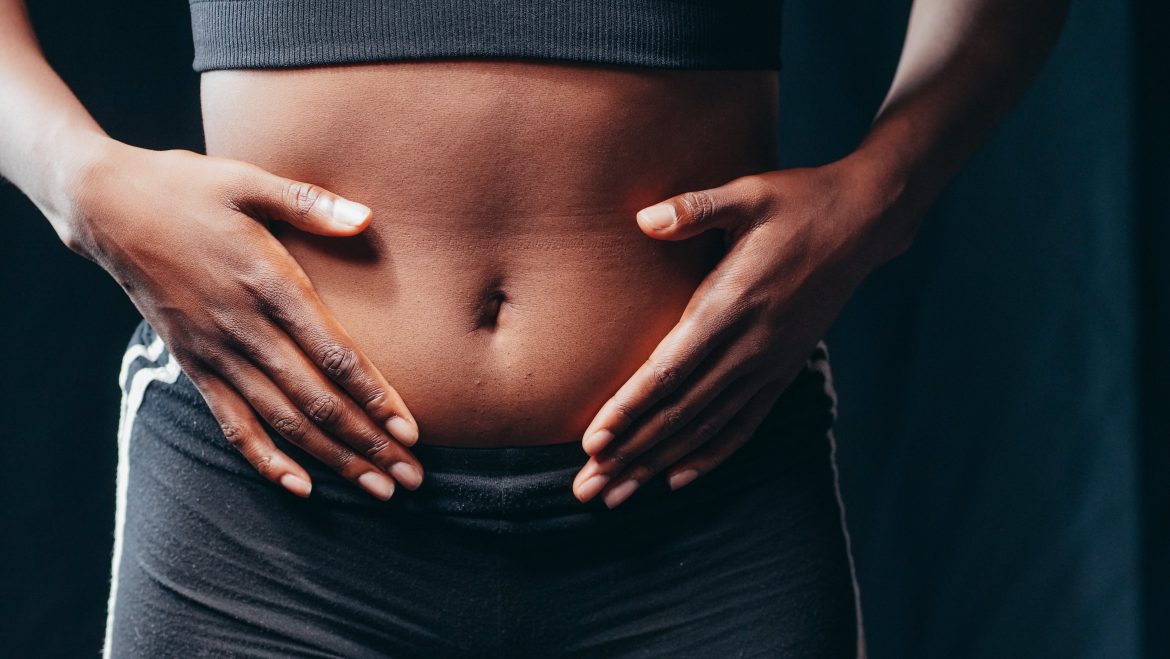In a study published in Gastroenterology & Hepatolgy researchers point out that bloating is common in men and women of all ages, especially in those with functional gut disorders such as Irritable Bowl Syndrome (IBS).
However, studies have also shown that the causes of bloating and gas build-up in the stomach and intestines are complex and don’t have one single solution, but rather a few key strategies which all work together to reduce the symptoms.
ALSO SEE: Feeling bloated? You might be consuming too many veggies!
Beat bloating with digestive enzymes
Your salivary glands, stomach, small intestines, liver and pancreas produce digestive enzymes needed to process food. These include proteases, which break down proteins; amylases, which digest carbohydrates; and lipases, which break down fats. However, as you get older, you produce less digestive enzymes and stomach acid, which can lead to various health problems, from bloating, wind and heartburn to IBS and malabsorption.
In these cases, digestive enzymes can help because they help the body to further break down food and be absorbed in the bloodstream.
Foods that help to reduce bloating
- Fruits such as pineapple, kiwi and papaya (which have digestive enzymes).
- Bananas contain potassium, which helps to flush excess sodium from the body, to reduce fluid retention.
- Fish, nuts, seeds, soybeans, wholewheat, and dark-green leafy veg are rich in magnesium, which plays a role in salt and fluid balance.
- Peppermint, ginger, or fennel tea are great for reducing bloating and flatulence.
- Fermented foods and yoghurt with live cultures, or other sources of probiotic digestive bacteria.
Top tip: According to the Probiotics Council, the best probiotic strains to reduce bloating are Bifidobacteriumlactis and Lactobacillus acidophilus
Foods to avoid
- Foods high in salt
- Spicy foods
- Fizzy, sugary drinks
- Dairy products including milk and cheese
- Processed carbohydrates and baked goods
- Chewing gum and boiled sweets
Try these de-bloating tips…
Opt for a healthy breakfast
Starting the day with a healthy, substantial breakfast will kick-start your metabolism and keep it active throughout the day. This will also help to promote better digestion and elimination earlier on in the day, which will reduce your chances of feeling bloated.
Rolled oats are quick and easy to make and ideal for those who struggle with bloating because they’re wheat free. Try adding cinnamon and chopped apple or blueberries, plain yoghurt, almonds or honey to your oats.
If you prefer a savoury breakfast, try scrambled or poached eggs with 100% rye toast, as well as some tomato, mushroom and avocado.
Eat an early dinner
If you’re a late-night snacker, chances are you’ll feel bloated before bed, and possibly the next morning as your body won’t have the chance to digest your food properly between meals. This is because your metabolism slows right down at night, as your body focuses on rest, rather than digesting food.
It’s also best to stay away from snacks containing sugar and caffeine after 7pm, as these stimulants can also prevent you from entering a deep sleep, which can affect your hormones and your waistline.
Try peppermint tea before bed
Studies have shown that peppermint helps to relieve symptoms of gas, bloating and stomach cramps. For a pure cup of peppermint tea, use loose tea leaves rather than tea bags, as they’re less refined and more potent. You can use a tea infuser for best results.

Choose ‘smart’ comfort food
Rather than rich, spicy foods that can cause bloating, lighten up your cooking by making fresh salads, lean proteins like chicken and fish, grilled with lemon juice and olive oil, or use tomato-based sauces for Middle Eastern dishes like tagines.
If you’re a fan of stews and soups with beans and legumes such as lentils and chickpeas, but they give you gas, experts at the Cleveland Clinic suggest experimenting with different types of beans and legumes, as well as the quantities to find out which ones cause the least amount of flatulence and bloating.
Researchers in India also found that soaking fresh beans and/or legumes such as lentils overnight for 12 hours helped to reduce the levels of gas-producing substances in the beans.
Exercise regularly
Exercise is crucial to boost blood circulation, reduce water retention, speed up digestion and stimulate the lymphatic system. It therefore helps to keep water retention and bloating at bay. A brisk, 20-minute walk is enough to get circulation going and kick-start your metabolism. You can also swim, cycle, participate in aerobics classes or do at-home strength training workouts.
DISCLAIMER: Before starting any diet, you should speak to your doctor. You must not rely on the information on this website/newsletter as an alternative to medical advice from your doctor or other professional healthcare provider.
ALSO SEE:
Feature Image: Pexels

